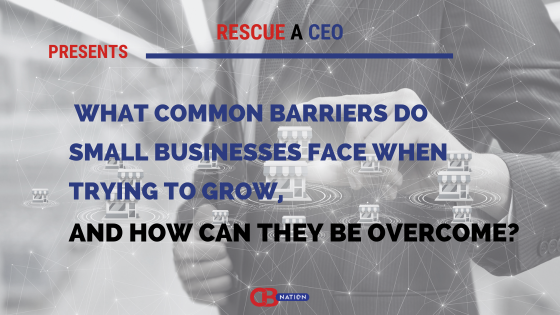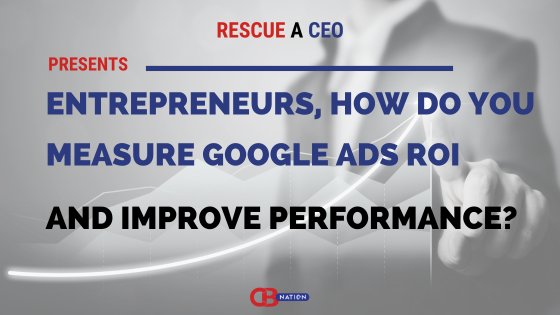Franchising can be an exciting path to business ownership, but for first-time franchisees, it’s also full of potential pitfalls. There are mistakes to avoid when choosing a franchise such as choosing a franchise based on hype, brand name, or emotional appeal, without fully understanding the business model, support structure, or alignment with skills and goals.
10 Common Mistakes to Avoid When Choosing a Franchise
Successful franchisees emphasize the importance of thorough due diligence, self-assessment, and financial clarity when evaluating opportunities. We asked entrepreneurs and business owners about the essential steps frist-time franchisees should avoid missteping and here's how to make informed decisions—and sidestep the biggest trap new owners fall into:
1. Budgeting for personal expenses in the first six months

The biggest issue that trips up new franchisees is not budgeting for their own living expenses for the first 6 months, assuming business will be busy from day one if they're opening up a new store, and therefore not having sufficient cash flow. This can be easily solved by using an accountant who not only understands the business cashflows but also talks them through their personal financial needs during that initial franchise build-up phase. They also get a complicated structure to own the franchise and then give a heap of personal guarantees, which defeats the purpose of the asset protection.
Thanks to Katie Richards, Virtual Legal!
2. Underestimating the importance of location

Location can quite literally make or break a franchise. Many new owners get caught up in the excitement of a brand or a cheap lease and overlook whether the area actually suits their target market. Failing to assess the level of nearby competition is another pitfall, and we often see franchisees set up in oversaturated areas without a clear plan to stand out. The target market alignment landscape should be front and centre when evaluating any potential franchise location.
Thanks to Philip Khao, Solve!
3. Choosing a franchise based on brand recognition

A common mistake first–time franchisees make is choosing a franchise based on brand recognition or personal interest without fully understanding the business model and financial dynamics. It’s easy to be drawn in by glossy marketing or a product you love, but that doesn’t always translate to a strong business investment. To sidestep this, dig into the numbers: speak with multiple existing franchisees, ask about their real margins, cash flow cycles, and ongoing support from the franchisor. A great franchise is one where the unit economics make sense, the support is robust, and you’re not just buying a name, you’re buying a system that works.
Thanks to Morgan Wilson, Creditte!
4. Overlooking details of the Franchise Disclosure Document

New franchisees often rush into decisions without proper research. They often get excited by flashy marketing. So, they overlook the details of the Franchise Disclosure Document. The 200+ page document contains vital financial information, legal obligations, and franchisor expectations. To avoid this mistake, spend at least two weeks reviewing every section. Pay attention, what shows actual franchise earnings. Consider other sources of information. Contact current and former franchisees in person. Ask tough questions about their real experiences and actual profits.
Thanks to Justin Crabbe, Jettly!
5. Ignoring other costs

First–time franchisees often underestimate total startup costs. They only think about the franchise fee. They ignore other costs. This leads to cash flow problems within months of opening. Create a detailed budget that includes every possible expense. Most franchisees need 6 to 12 months of operating expenses saved before opening day. Secure adequate financing before signing anything. Consider SBA loans, which offer favorable terms for qualified franchise opportunities. Having enough capital lets you focus on growing your business, not finding money.
Thanks to Dean Rotchin, Blackjet!
6. Emotional decision-making

Many new franchisees choose franchises based on personal interests rather than market demand. They love coffee. So, they buy a coffee franchise. They don’t check if their area needs another coffee shop. This emotional decision-making kills profitability. Start with market research in your target area. Study local competition, demographics, and consumer spending patterns. Use the franchisor's market analysis tools, but also conduct your own research. Drive around potential locations during different times and days. Look for gaps in the market that your franchise can fill.
Thanks to Richard Mews, Sell With Richard!
7. Chasing trends over alignment

One of the most common mistakes of first–time franchisees is chasing trends over alignment. A flashy brand or “hot” concept might look promising, but it will drain you fast if it doesn’t align with your values or skill set. I’ve seen women step into business ownership with fierce drive, only to burn out because the franchise model didn’t support their strengths. Do deep due diligence. Interview current franchisees, ask hard questions about support systems and profit, & be honest about what kind of business will energize you in the long term, not just excite you in the moment.
Thanks to Lindy Boag, Secret Weapons!
8. Overlooking local market research

Many new franchisees mistakenly assume that a strong brand guarantees success, overlooking vital local market research. This misplaced confidence can lead to financial setbacks if the selected location lacks a robust customer base. To avoid these pitfalls, first–time franchisees should conduct comprehensive market analysis, assess competitor presence, evaluate foot traffic and accessibility, engage with the franchisor, and connect with experienced franchisees. Just as a traveller needs a map, a well-researched strategy is essential for long-term success in franchising.
Thanks to Kunal Joshi, Bang on Brows!
9. Not contacting current and former franchisees

Common mistakes franchisees make when choosing a franchise are not contacting current and former franchisees as part of their due diligence. Contact details can be found in the disclosure document, and franchisees can tell you what the franchisor is like to deal with, if they have a work-life balance, and if they are making enough money. Have not researched other available franchises in the same sector. All franchisors are required to register, and this enables franchisees to undertake a comparison of franchises not obtain appropriate professional advice.
Thanks to Elizabeth Gore-Jones, The Franchise & Business Lawyers!
10. Overlooking critical ongoing costs

One of the most common mistakes first-time franchisees make is underestimating the full scope of financial commitments. It’s easy to focus on the upfront franchise fee, but many overlook critical ongoing costs such as equipment, staffing, stock, fit-outs, and working capital. These can significantly impact your cash flow if not planned for in advance. We recognise these challenges and we provide support to our franchisees with clear guidance and upfront transparency so they understand the financial landscape from day one.
Thanks to Graeme Goldman, Clark Rubber!

















































 |
|